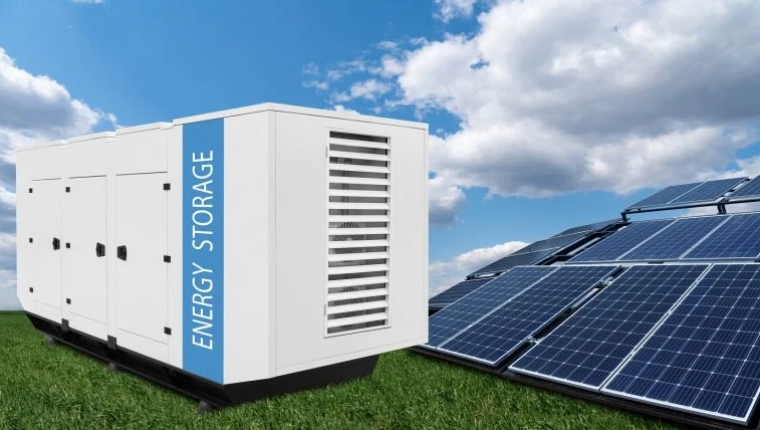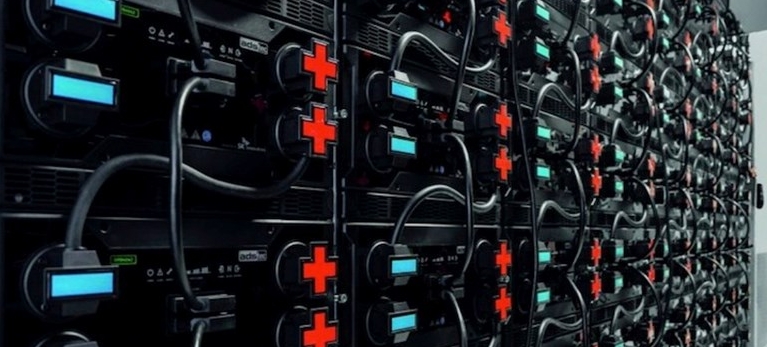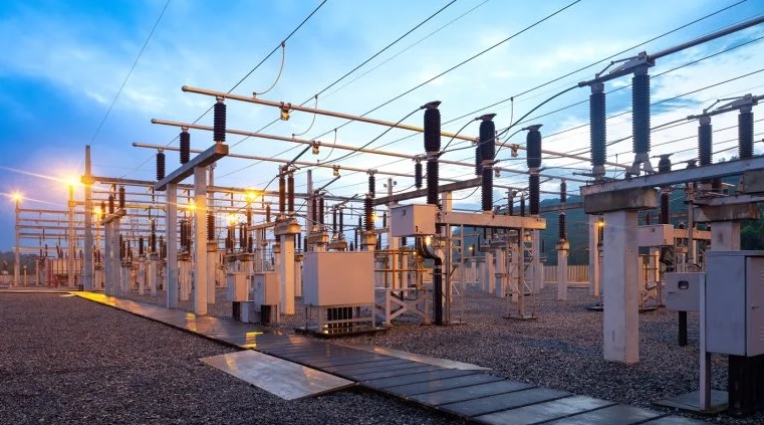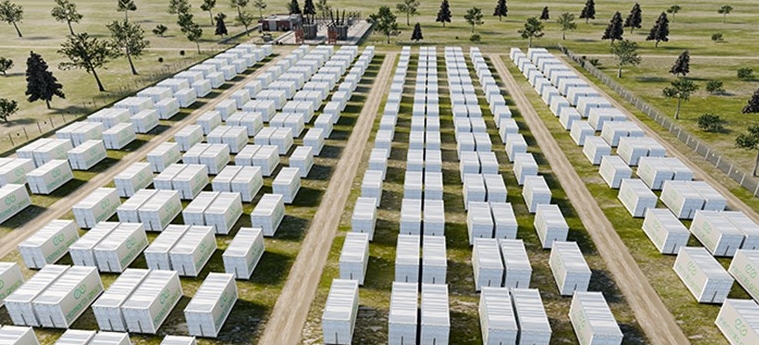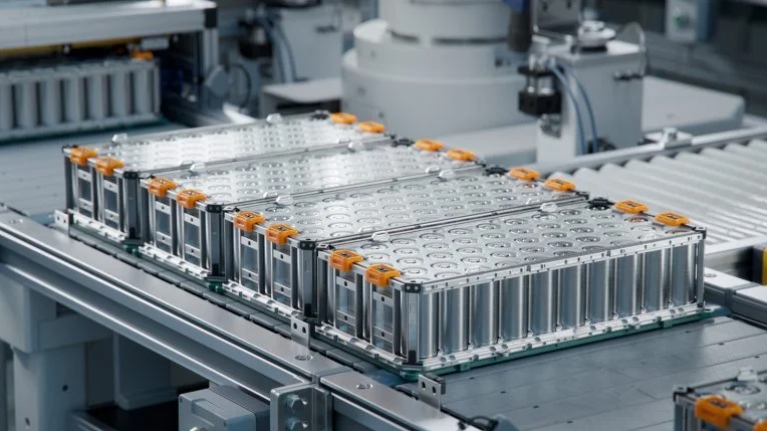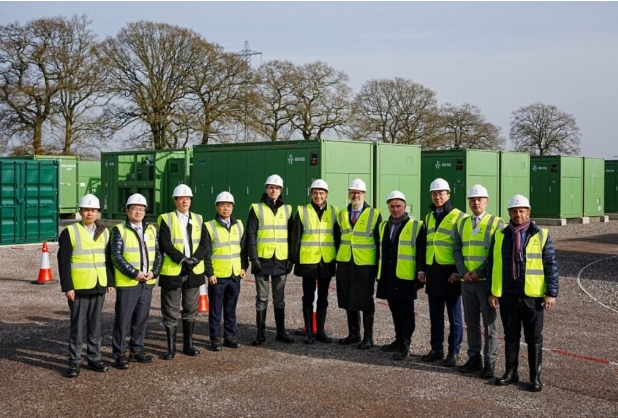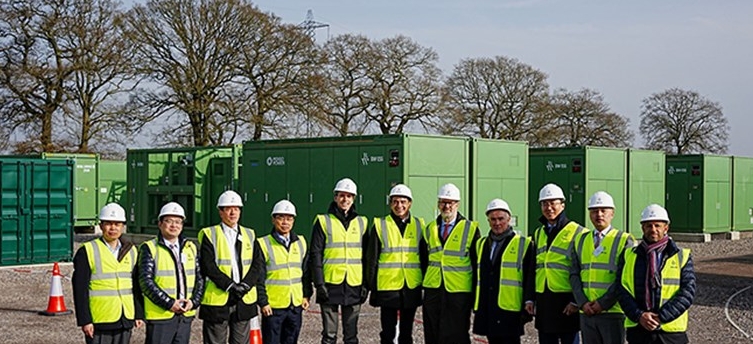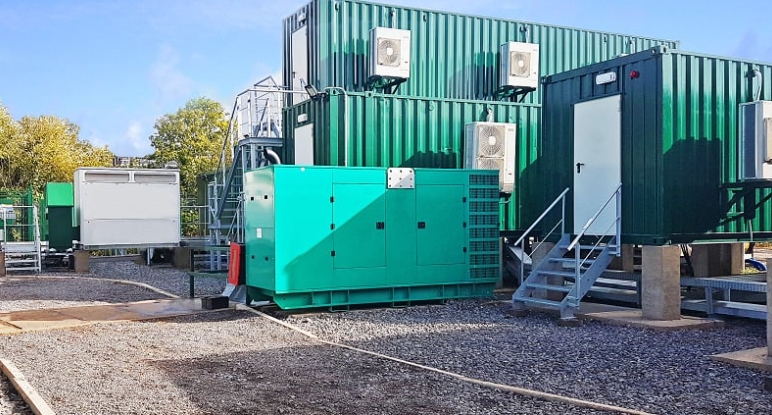
Modo recorded the highest monthly increase in four years, with revenues increasing by 65% from November to £84k/MW/year. Battery energy storage revenues in December more than doubled from January 2024, when revenues averaged £36k/MW/year.
Modo said the high revenues were primarily caused by high wholesale price spreads, which were up 32% in December, and record levels of balancing mechanism (BM) dispatches, with 141GWh dispatched across December.
Frequency response saw the largest increase in revenue, due to a 94% increase in frequency response clearing prices.
Total reserve revenues reached their highest-ever level after the new Quick Reserve service went live on 3 December, a fivefold increase on the previous record set in March 2024 when Balancing Reserve launched.
Quick Reserve is responsible for quickly responding to supply and demand imbalances on the electricity network to return the grid frequency to close to 50.0 Hz quickly.
Units operating on the system will be separated into two categories – Negative Quick Reserve (NQR) assets, which will respond when supply outstrips demand, and Positive Quick Reserve (PQR) assets, which will be called upon when demand exceeds supply. Eligible units for the system must have a minimum of 1MW of generation or demand capacity and must be able to meet the full NESO requirements within one minute.
The National Energy System Operator (NESO) delivered on commitments it made toward the end of 2024 to improve the methodology used in its control room, leading to battery dispatch rates rising from 10% in September to 14% in November.
In November, UK consultancy Cornwall Insight published projections that profits from battery storage units would have rebounded by 2026. The firm’s GB Battery Revenue Forecast saw annual revenues for 2-hour assets increase from around £96/kW in 2025 to £108/kW by 2026.
